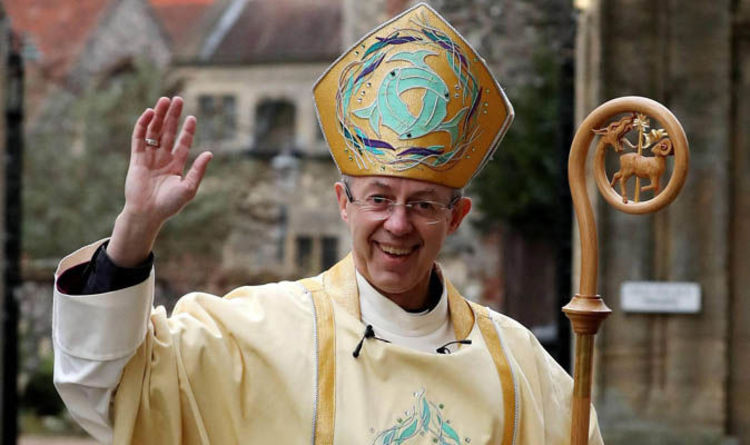The Church of England is preparing to announce the appointment of a new Archbishop of Canterbury, almost a year after Justin Welby’s dramatic resignation from the role. Welby, who had served since 2013, stepped down officially on 6 January 2025 following a damning review into the Church’s handling of a sexual abuse scandal. His departure left a leadership vacuum at the very heart of the Anglican Communion, which counts more than 85 million members worldwide.
The search for his successor has been shrouded in secrecy. Responsibility for the decision lies with the Crown Nominations Commission, a body of 17 members chaired by Jonathan Evans, the former head of the MI5 security service. The commission must reach a two-thirds majority on two names before presenting them to the prime minister, who then selects one to be confirmed by the King. Evans has made clear that he wishes to avoid a repeat of past selections dominated by candidates from narrow backgrounds, emphasising that diversity of experience is vital for the Church’s future.
Read Also: Justin Welby: ‘I got it wrong’ on church abuse cases
Speculation about the frontrunners has been rife. Bookmakers have pointed to several figures who reflect the breadth of today’s Church, and for the first time in its history, women are eligible for consideration. Rachel Treweek, the Bishop of Gloucester, is one of the most talked-about names. She became the Church of England’s first female diocesan bishop in 2015 and has championed campaigns tackling issues such as body image among young people and the treatment of women in the justice system. Another prominent candidate is Guli Francis-Dehqani, the Bishop of Chelmsford, who fled Iran as a teenager with her family after the Islamic Revolution of 1979. Known for her leadership on housing policy and her commitment to social justice, she has often been seen as a symbol of the Church’s growing diversity.
Other names include Martyn Snow, the Bishop of Leicester, who has grappled with the contentious issue of same-sex blessings but stepped aside earlier this year after admitting he could not unite the Church on the matter, and Pete Wilcox, the Bishop of Sheffield, a seasoned clergyman with a long career in both ministry and academia.
Whoever is chosen will inherit not only the weight of tradition but also the urgent task of guiding a Church wrestling with deep internal divides and declining influence in public life. The Archbishop of Canterbury is the most senior cleric in the Church of England, presiding over its affairs in the southern provinces and chairing the General Synod, while also serving as a Lord Spiritual in the House of Lords and acting as a symbolic figurehead for Anglicans around the world.
As anticipation builds, the decision is being framed as a defining moment. For some, it is a chance to acknowledge how far the Church has come since the consecration of its first female bishops just a decade ago. For others, it is a test of how the institution will hold together in the face of cultural change and global disagreement, particularly from conservative Anglicans who maintain that only men should serve as bishops.
The announcement, expected in the coming weeks, will not only decide who leads the Church of England but may also set the tone for how it navigates one of the most challenging periods in its history.



